
|
|
|
| synonym |
|
| description |
Adults are dark-bluish overall with yellowish-brown legs. There is a slight, faint curved row of white spots at the base of the wing cells, along the apical crossveins; this may not always be very noticeable. The male phallus (reproductive claspers) has two medium-sized, trapezoidal 'plates' that are noticeably projected forward posteriorly on the outer edge; these plates are smaller and distinctive from the phallus of many of the other blue Cedusas (see image above). |
| distribution |
Southeastern United States; previously only known from Florida, now known from North Carolina (UDEL) |
| abundance |
Rare, known from a single county on the coast, possibly more abundant in this region. |
| seasonal_occurrence | |
| habitat |
|
| plant associates |
Derbidae are known or assumed to feed on fungal hyphae as immatures (UDEL). |
| behavior |
Can be attracted at night with a light. |
| comments |
A majority of Cedusa look very similar externally, appearing bluish overall. The only way to make a positive ID for many of the species at this point is to examine the genitalia of the males. Therefore, a male specimen is necessary for many species' identifications. Detailed, clear photographs of the male underside showing the genitalia can also be helpful, and perhaps the hope is that after observing enough specimens of a particular species, there may be slight external features that can be associated with an ID. |
status |
[Native:]
[Introduced:]
[Extirpated:] | | list_type |
[Official:]
[Provisional:] |
| adult_id | Unmistakable and widely known Identifiable from good quality photos of unworn specimens
Identifiable from photos showing undersides, or other specialized views [e.g., legs, face]
Identifiable only by close inspection of structural features or by DNA analysis NULL |
| nymph_id | Unmistakable and widely known Identifiable from good quality photos, especially where associated with known host plants
Identifiable from close inspection of specimens or by DNA analysis
Identifiable only through rearing to adulthood NULL |
| G_rank |
|
| S_rank |
|
| rank_comments |
|
| tribe |
Cedusini |
| subgenus |
|
Species Photo Gallery for Cedusa zaxoza No Common Name |
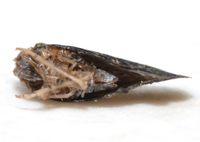 | Photo by: Bo Sullivan
Carteret Co.
Comment: 2 males, 4 females; photographed by K. Kittelberger; collected at UV trap | 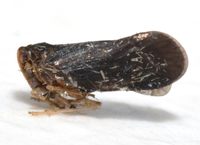 | Photo by: Bo Sullivan
Carteret Co.
Comment: 2 males, 4 females; photographed by K. Kittelberger; collected at UV trap |
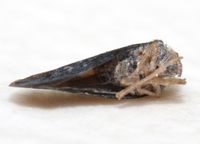 | Photo by: Bo Sullivan
Carteret Co.
Comment: 2 males, 4 females; photographed by K. Kittelberger; collected at UV trap | 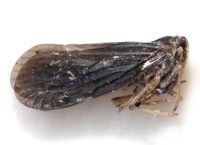 | Photo by: Bo Sullivan
Carteret Co.
Comment: 2 males, 4 females; photographed by K. Kittelberger; collected at UV trap |
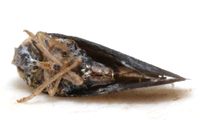 | Photo by: Bo Sullivan
Carteret Co.
Comment: 3 males, 4 females; photographed by K. Kittelberger; collected at UV trap | 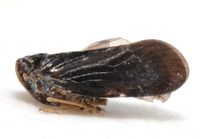 | Photo by: Bo Sullivan
Carteret Co.
Comment: 3 males, 4 females; photographed by K. Kittelberger; collected at UV trap |
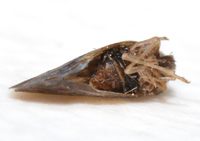 | Photo by: Bo Sullivan
Carteret Co.
Comment: female 4.8 mm, photographed by K. Kittelberger; collected at UV trap | 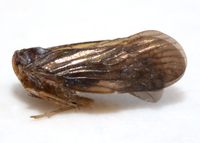 | Photo by: Bo Sullivan
Carteret Co.
Comment: female 4.8 mm, photographed by K. Kittelberger; collected at UV trap |
|

 »
»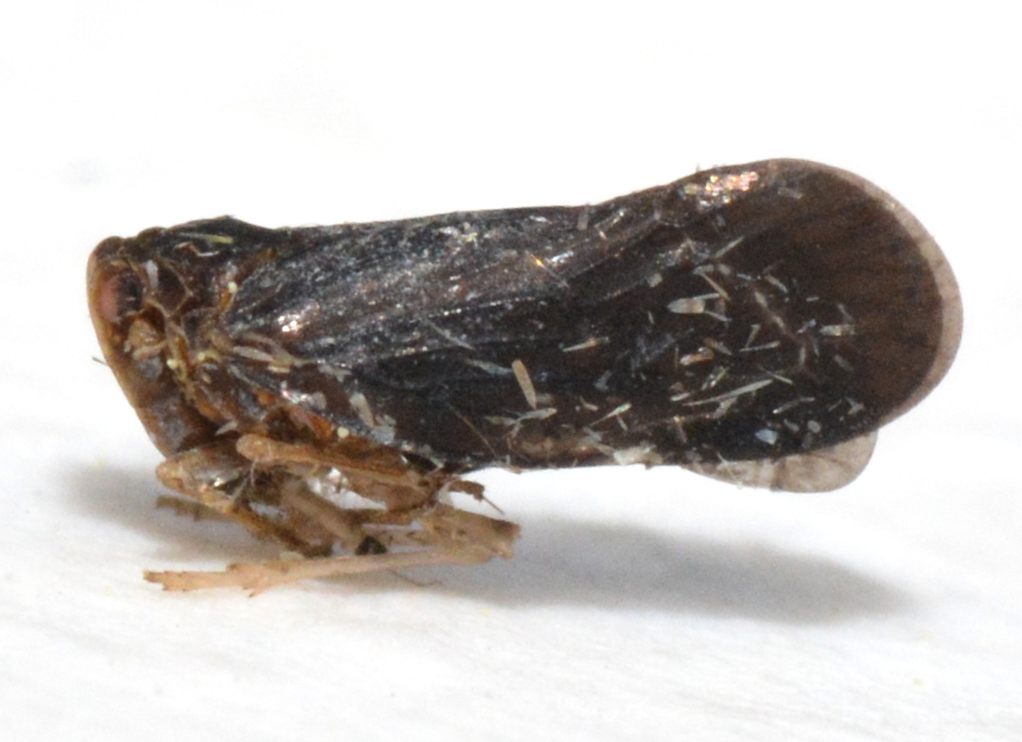
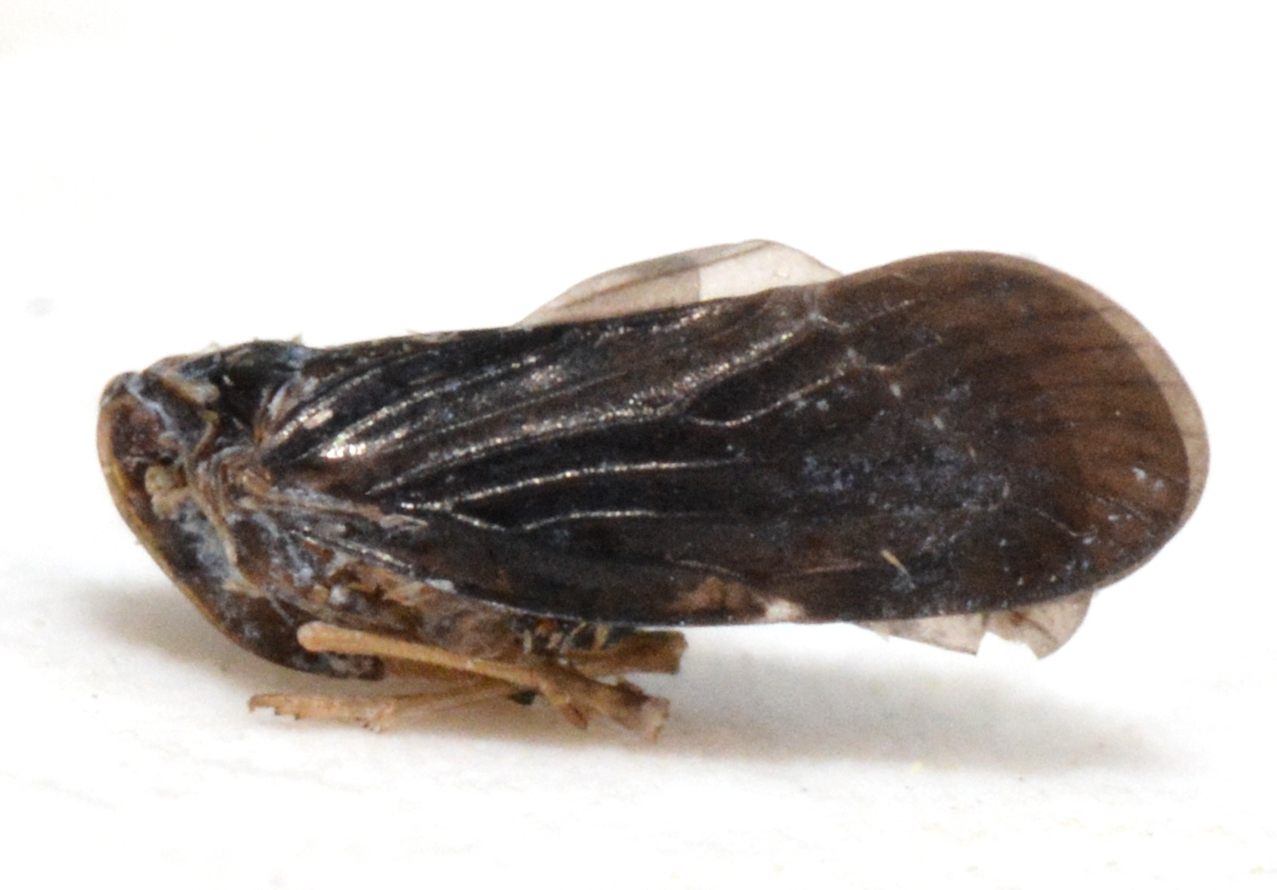
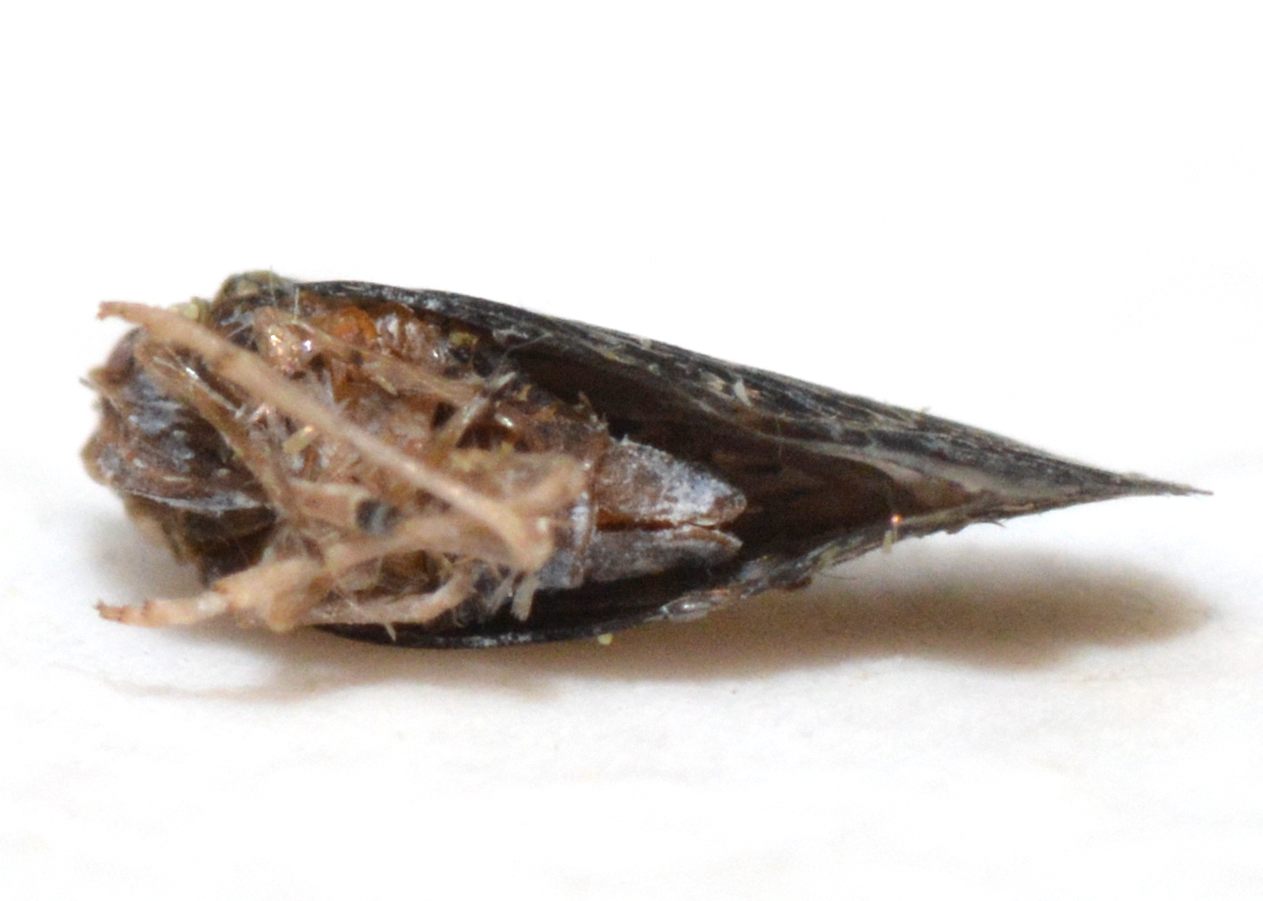

 »
»

